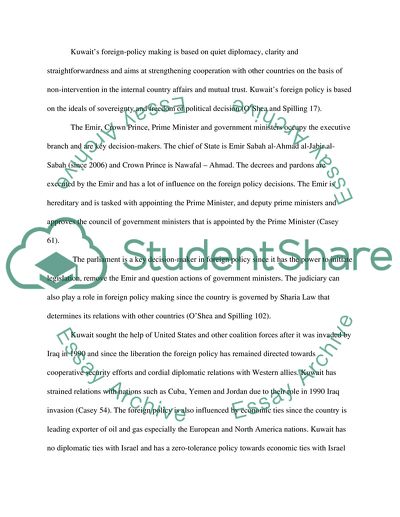Cite this document
(“The History of Kuwait Assignment Example | Topics and Well Written Essays - 1000 words”, n.d.)
The History of Kuwait Assignment Example | Topics and Well Written Essays - 1000 words. Retrieved from https://studentshare.org/social-science/1646932-kuwait-country-profile
The History of Kuwait Assignment Example | Topics and Well Written Essays - 1000 words. Retrieved from https://studentshare.org/social-science/1646932-kuwait-country-profile
(The History of Kuwait Assignment Example | Topics and Well Written Essays - 1000 Words)
The History of Kuwait Assignment Example | Topics and Well Written Essays - 1000 Words. https://studentshare.org/social-science/1646932-kuwait-country-profile.
The History of Kuwait Assignment Example | Topics and Well Written Essays - 1000 Words. https://studentshare.org/social-science/1646932-kuwait-country-profile.
“The History of Kuwait Assignment Example | Topics and Well Written Essays - 1000 Words”, n.d. https://studentshare.org/social-science/1646932-kuwait-country-profile.


